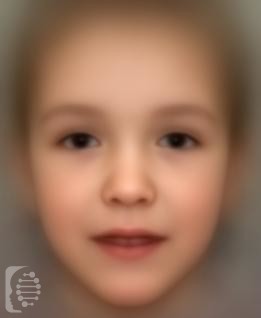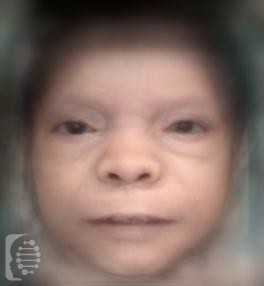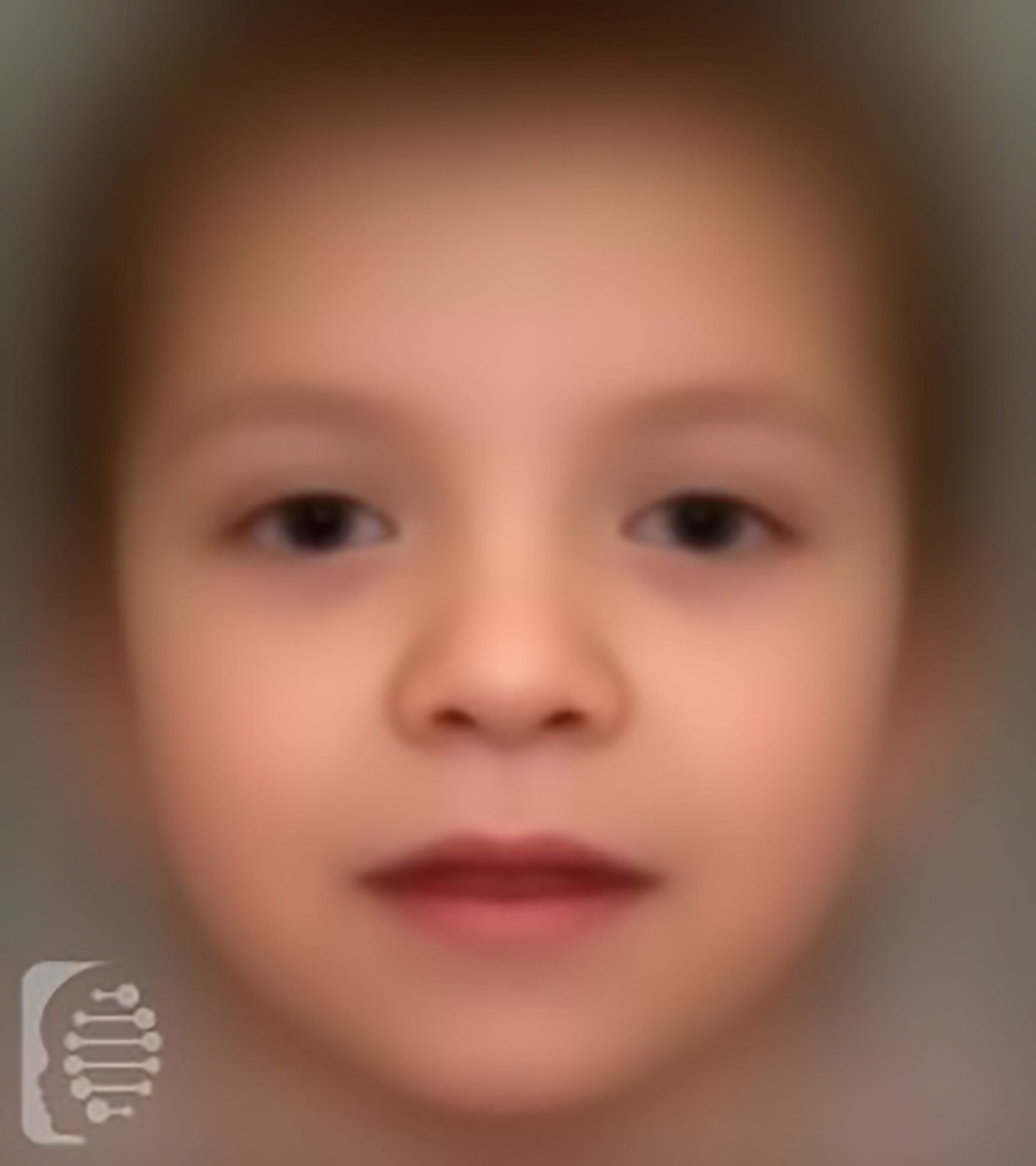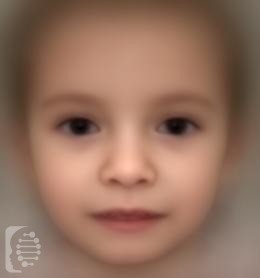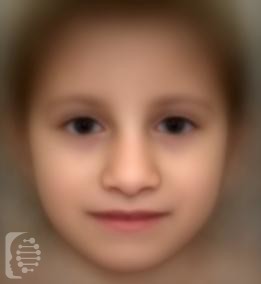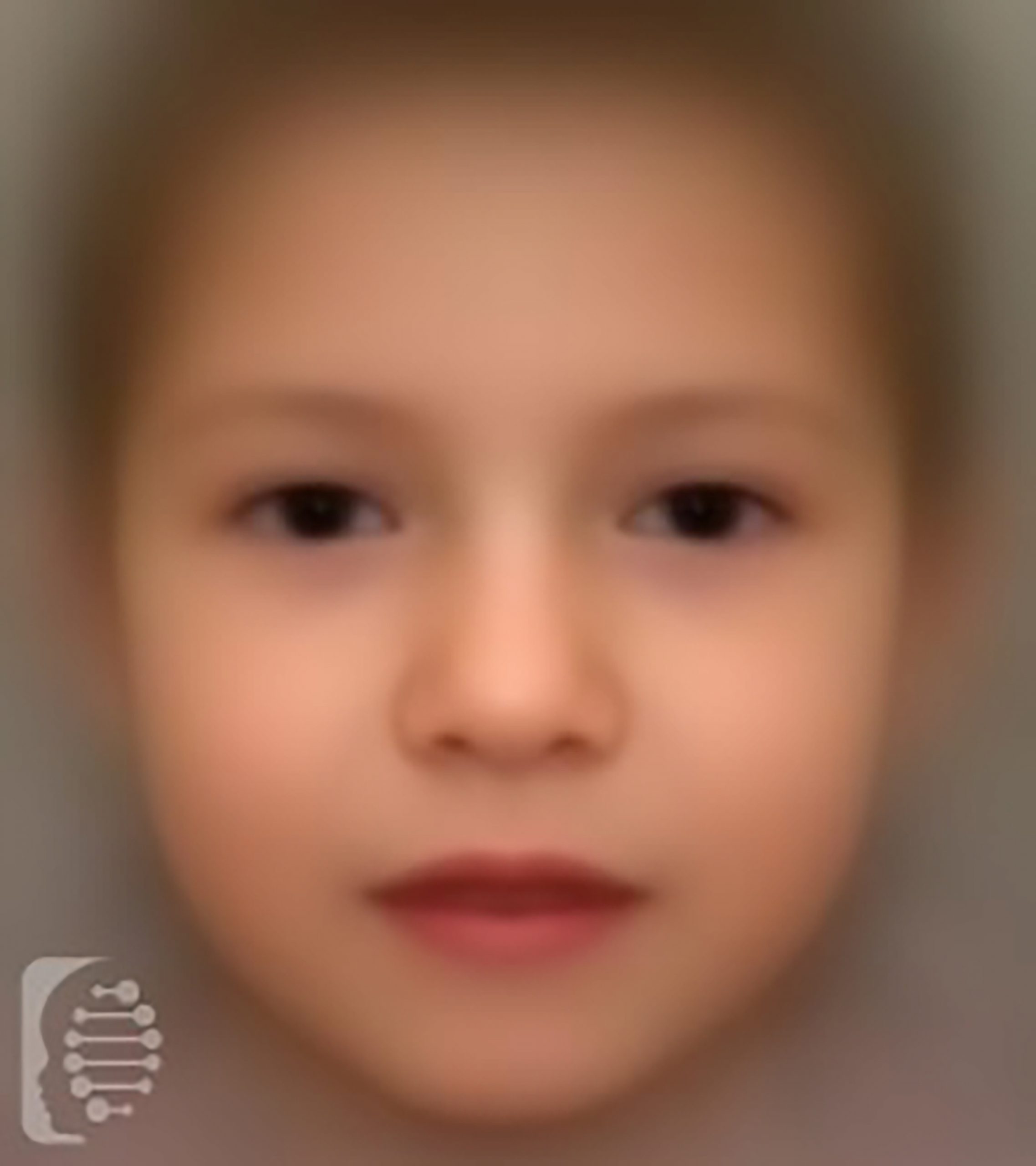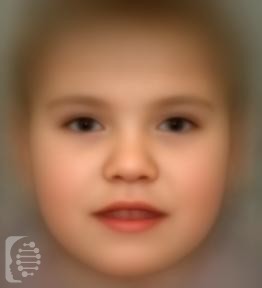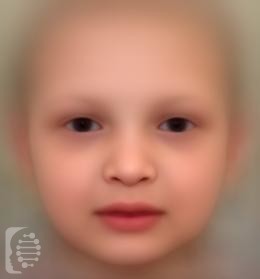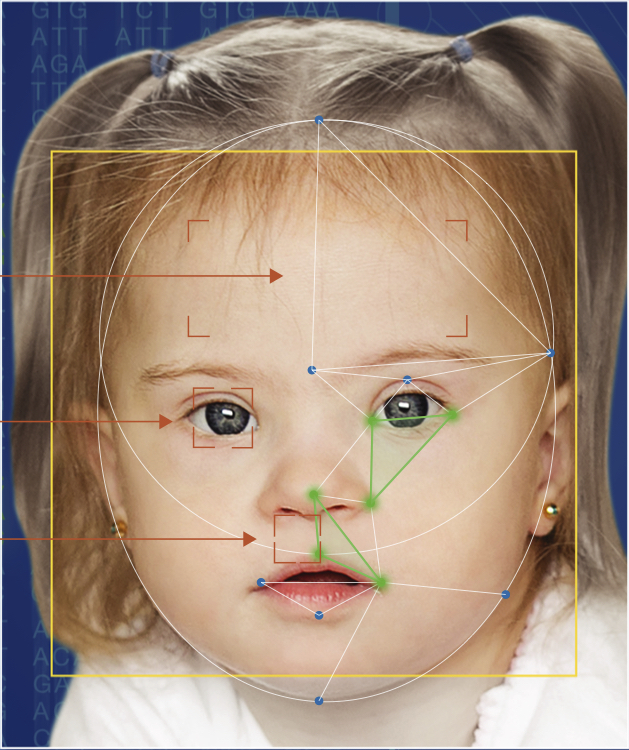Paula and Bobby
Parents of Lillie
Infantile Axial Hypotonia

Understanding muscle related symptoms and features
Symptoms may affect multiple parts of the body. Understanding which part of the body a symptom affects, can help us to better understand the potential underlying causes of a symptom, including a rare disease or genetic syndrome.
The muscular system contains three muscle types: cardiac, smooth and skeletal. The muscular system affects multiple parts and functions of the body including movement, balance, stability and posture, circulation, respiration, digestion, urination and childbirth.
Symptoms affecting the muscles can not for the most part be seen with the naked eye. Diagnosing a muscle-related symptom may involve different tests and assessments, both subjective and objective.
Symptoms relating to the muscles may affect their function and tone. They may also affect the structure of the muscles, regardless of how big or small (macro and/or microscopically) this change in the structure might be.
What is Infantile Axial Hypotonia (low muscle tone in an infant)?
It is very low muscle tone, affecting the trunk of the body, with onset in infancy or at birth.
In extreme cases this low muscle tone may impact on the ability of an infant to breathe without difficulties, and on their ability to feed.
What should I do next?
In some instances low muscle tone in an infant may be one of the features of a rare disease or genetic syndrome. In this case fast, targeted genetic analysis can give you a more accurate diagnosis.
Synonyms:
Muscular hypotonia (abnormally low muscle tone) affecting the musculature of the trunk and with onset in infancy
HPO:
Optional syndromes:
More than 250,000 patients successfully analyzed. Clarify any concerns you may have and get tested online today.
Start Here!
Synonyms:
Muscular hypotonia (abnormally low muscle tone) affecting the musculature of the trunk and with onset in infancy
HPO:
Optional syndromes:
FDNA™ Health can help you with the diagnostic journey.
Learn about child developmental delays: Causes, Symptoms, and Therapies.
Don't wait years for a diagnosis. Act now and save valuable time.
Explore the most detected symptoms in our system (numbers are global and based on the data from 120 countries):
What is FDNA Health?
With the largest global database and a leading decision-support tool using AI, FDNA™ Health enables patients and their families to better understand symptoms and conditions with the goal of shortening the time to diagnosis.
Benefits of FDNA Health
Save valuable time by
learning about possible conditions
and report to your clinician
Advanced AI technology
and leading worldwide clinicians
shortening time to diagnosis
Looking for answers?
Worried about child development?
We are here to help you!



















